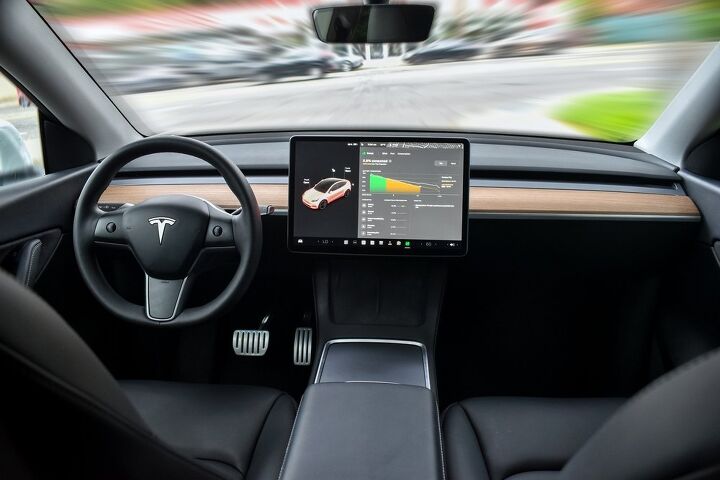How the World Views Autonomous Vehicles
In a recent global survey conducted by Maison Law, a personal injury law firm based in Fresno, California, the levels of trust and comfort with autonomous vehicles were explored across different countries. The survey aimed to understand the global perceptions and readiness for sharing roads with these technologically advanced vehicles.
Varied Trust Levels Across Countries
The study revealed a diverse range of trust levels among the populations of various countries. Notably, individuals from China, Russia, and the United Arab Emirates (UAE) exhibited the highest trust in autonomous vehicles. The survey showed that more than 80 percent of respondents from these countries are comfortable with the idea of sharing the roads with autonomous vehicles.
Conversely, the United States, Japan, and South Korea demonstrated lower levels of trust. In these countries, approximately half of the survey participants expressed discomfort with the presence of autonomous vehicles on the roads.
Country-Specific Findings
- United Arab Emirates – 88 percent
- United States – 57 percent
- Germany – 71 percent
- United Kingdom – 74 percent
- Israel – 66 percent
- China – 94 percent
- Canada – 60 percent
- Australia – 63 percent
- Japan – 52 percent
- Russia – 89 percent
- South Korea – 52 percent
Implications and Future Directions
The survey's findings suggest a broad spectrum of public trust in autonomous vehicles, influenced by geographical and possibly cultural factors. These variations indicate the need for tailored approaches in the introduction and integration of autonomous vehicles within different societies.
Understanding these perceptions is crucial for policymakers, automotive manufacturers, and technology companies as they navigate the complexities of introducing autonomous technologies to the public. Building trust through transparency, safety assurances, and public education will be key to fostering a harmonious coexistence between autonomous vehicles and human drivers.
This article was co-written using AI and was then heavily edited and optimized by our editorial team.
More by TTAC Staff
Latest Car Reviews
Read moreLatest Product Reviews
Read moreRecent Comments
- Redapple2 175,000 miles? Wow. Another topic, Hot chicks drive Cabos at higher % than most other cars. I always look.
- Mister When the news came out, I started checking Autotrader and cars.com for stickshift Versas. There are already a handful showing at $15.3k. When anybody talks about buying a new Versa, folks always say that you're better off buying a nicer used car for the same money. But these days, $15.3k doesn't buy very many "nicer used cars".
- 28-Cars-Later A little pricy given mileage but probably not a horrible proposition for a Sunday car. The old saying is you're not buying a pre-owned car you're buying the previous owner, and this one has it hooked up to a float charger (the fact he even knows what one is, is a very good sign IMO). Leather and interior look decent, not sure which motor this runs but its probably common (for VAG at least). Body and paint look clean, manual trans, I see the appeal."but I think that's just a wire, not a cracked body panel." Tim, its a float charger. I am doing the exact same thing with the charger hanging via a magnetic hook on the HVAC overhead in my garage.
- Bd2 Nissan is at the bottom of the market while Hyundai and Kia are almost at the zenith summit.
- Theflyersfan Then what caused that odd melted crayon smell that new VWs had for ages? Was that the smell of the soft touch plastics beginning their slow but endless march back into their base elements?And you know what gets rid of any new car smell body killing emissions? Top down, drive fast. Cures everything.


































Comments
Join the conversation